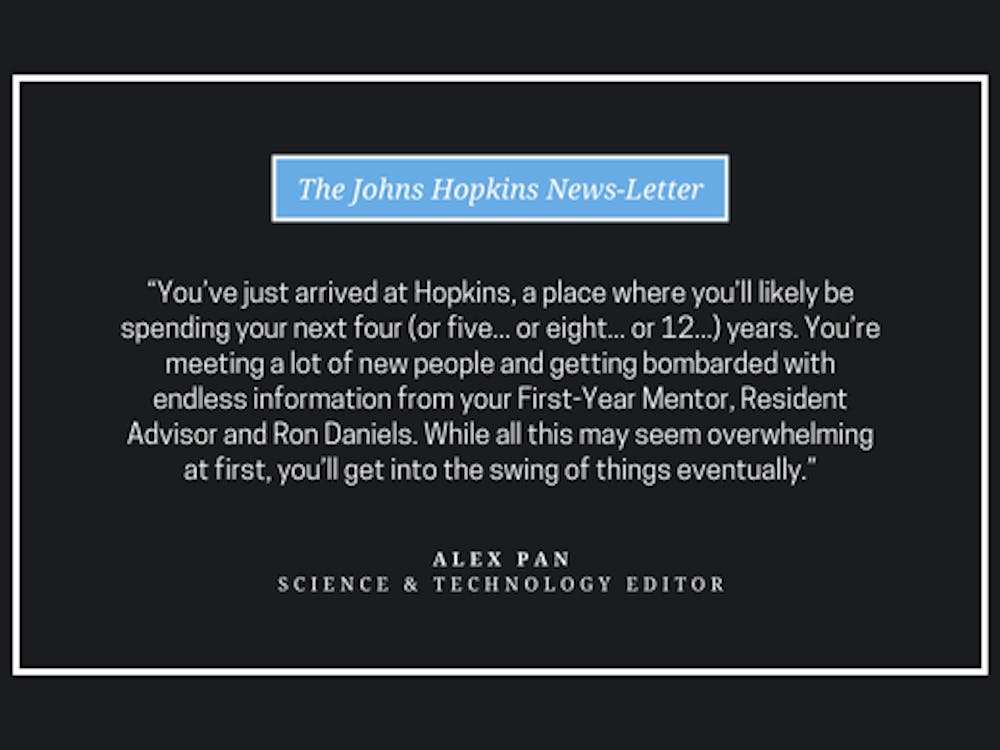English indie folk band Mumford & Sons launched into the popular music scene at the 2011 Grammy Awards when they performed alongside folk legend Bob Dylan. The band was nominated for Best New Artist and Best Rock Song for “Little Lion Man.” “The Cave” became an instant hit, and their album, Sigh No More went on to be one of the year’s most popular records.
Mumford & Sons released their much-awaited second album, Babel, just two weeks ago, and it’s already incredibly successful: the album debuted on the Billboard 200 and is already one of the biggest sellers of 2012.
Fans of Sigh No More are definitely not disappointed: Babel picks up where Sigh No More left off, filled with the same bellowing vocals and fast-paced, building choruses.
The band maintains its unique, folky sound, complete with tambourines, horns and the inevitable banjo.
But Mumford & Sons’ sophomore effort is definitely more refined than Sigh No More: the first track, “Babel,” packs its punch with upbeat banjo riffs and powerful religious lyrics. In signature Mumford style, three-quarters of the way through the song, the beat slows down, only to double its pace while lyrics, voices and instruments join in perfect communion.
While some fans might complain that the refinement means that Babel is missing that signature Mumford spark, songs like “Hopeless Wanderer” make it is difficult to doubt the band’s growth and continued success in pushing their music to be the best it can be. “Hopeless Wanderer” capitalizes on the group’s fast-paced, pushing rhythms, and is destined for sold-out concert arenas and crowd-pounding choruses.
Other songs continue the energized rhythm of “Babel.” “Broken Crown” is Mumford’s most evangelical of the album (both religious in title and nature), filled with strong crescendos and momentous assertions in the lyrics, about temptation (“The pull on my flesh was just too strong”) and how choice is inevitable (“But in this twilight our choices seal our fate”). “I Will Wait” is another motivated, lively track, which builds off of “Hopeless Wanderer.” By the end of the song, it’s nearly impossible to not believe the momentous chorus of “I will wait, I will wait—for you.”
At the same time, softer songs such as “Ghosts That We Knew” and the short and sweet “Reminder” bring Mumford to a new level of daring simplicity. Marcus Mumford’s vocals shine on “Reminder” in a way that is reminiscent of Sigh No More’s broken-hearted “White Blank Page.”
On the whole, the album is an energized collection of powerful beats and strong, ever-building crescendos.
Its lyrics draw on both the natural world and religious experience. While similar bands such as Dawes and The Lumineers provide a similar indie folk sound, Mumford & Sons does it with a more poetic elegance, both musically and lyrically.
Babel is an album destined for tour after tour, sold-out parks and concert arenas. At the same time, it is meant for quiet train ride homes and long nights of studying where you can’t help but press repeat on “The Boxer” ten times in an hour.
It’s the kind of album that you could only hope to experience live one day, as it gets better every time it’s played. It’s a sure thing: if it continues this route, Mumford & Sons will get even better with each album it releases.




